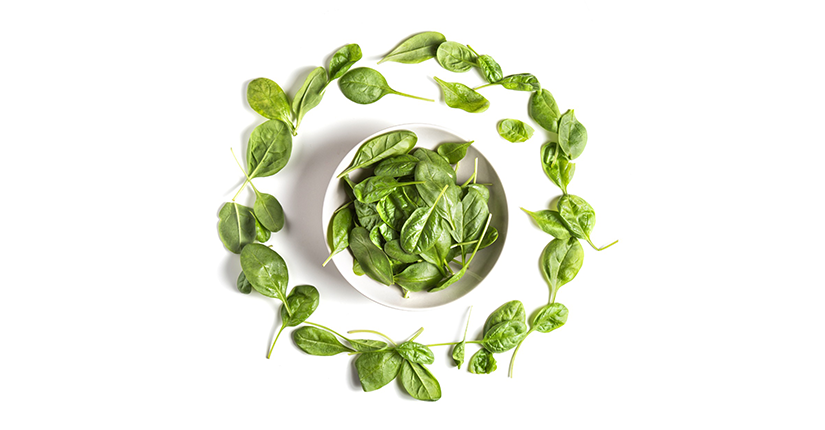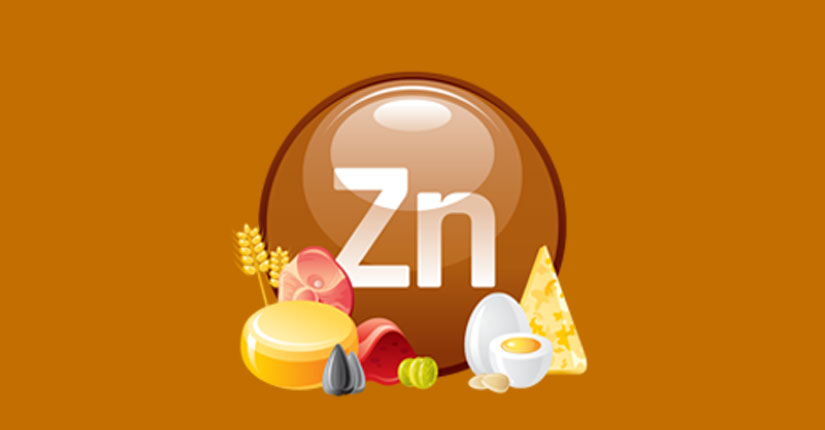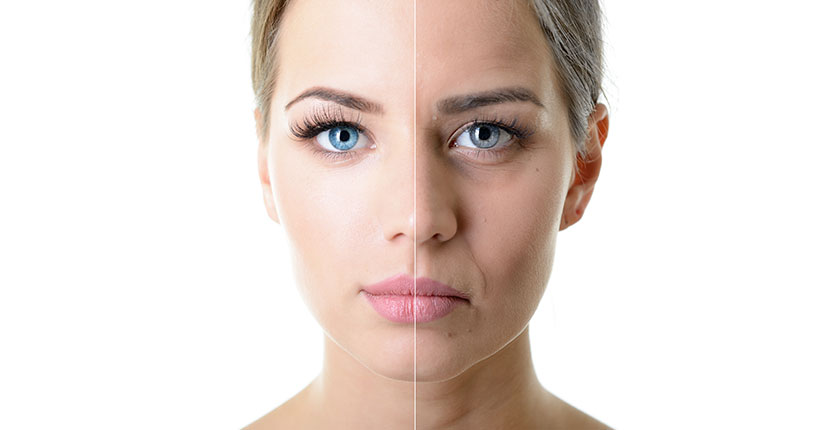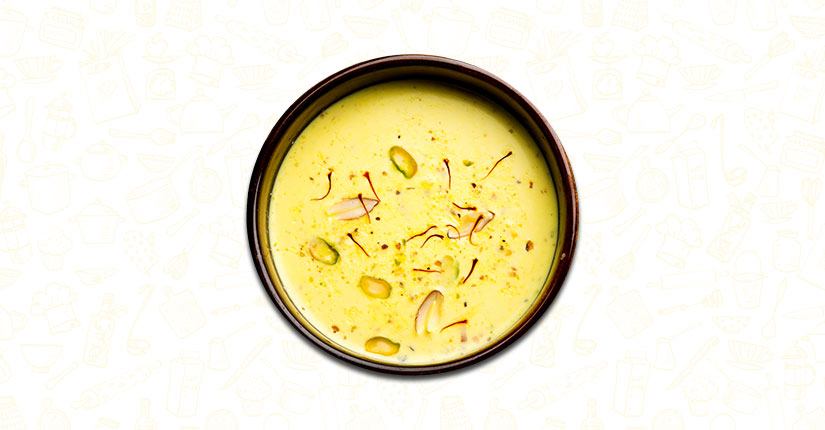5 nutrients that help your eyesight
By Nmami Agarwal 18-Feb 2023 Reading Time: 4 Mins

We all have heard our grandmothers/mothers tell us to eat carrots for good eyesight. Is it really true or are they just tales to make us eat healthy???
This article explores 5 important nutrients & their sources that one should include in the daily diet to maintain good healthy eyes and eyesight.
Due to unhealthy lifestyle, eating more processed foods, less sleep and more screen time, the process of aging has become accelerated affecting our organs and also our eyesight.
Today, ophthalmologists have started giving emphasis to good nutrition for a healthy eyesight and to prevent age related disorders like cataract and macular degeneration (AMD) which greatly influences the quality of life.
Following nutrients have been found to protect our eyes and maintain their health.
Antioxidant Vitamins – Vitamin C, E and A
Antioxidants like vitamin C, E and beta carotene (vitamin A) are important for preventing or delaying age related degeneration of the eyes. Pollution, sun’s rays and unhealthy lifestyle can increase free radicals in our body that can damage our eyes. These antioxidants scavenge the free radicals and hence protect our eyes.
Sources:
- Vitamin C – in citrus fruits like oranges, grapefruit, lemons, sweet lime, gooseberry, guava, coloured bell peppers, moringa
- Vitamin E – nuts like almonds, walnuts, cashews, sunflower seeds, sesame seeds, avocado, fatty fish like salmon, eggs
- Vitamin A – carrots, sweet potatoes, sweet pumpkin, sweet corn, cantaloupe, apricots
Minerals like iron, zinc and copper
The essential trace metals iron, zinc, and copper play important roles both in retinal physiology and disease. They are involved in various retinal functions. Zinc deficiency is associated with poor dark adaptation. Copper deficiency is associated with optic neuropathy. On supplementing our diet with these minerals, it has been known to reduce to improve the condition.
Their sources include dark green leafy vegetables, nuts and seeds, whole grain cereals, oysters, egg, and all types of legumes.
- Omega 3 fatty acids
Omega-3 fatty acids (EPA & DHA) may prevent the development/progression of advanced AMD, as well as playing an important role in decreasing the symptoms of occasional dry eye and inflammation.
Their sources include – avocado, eggs, cold water fish like salmon, tuna, sardines, flax seeds, chia seeds, nuts
- Lycopene
Lycopene with its antioxidant properties, protects against the development of cataract. Lycopene is a carotenoid pigment found in red, pink, and orange fruit and vegetables such as tomatoes, apricots, melons, papayas, grapes, peaches, watermelons, and cranberries.
- Lutein and xanthine
Lutein and zeaxanthin are the main dietary carotenoids found in the human retina and they protect the macula from damage by blue light, improve visual acuity and scavenge harmful reactive oxygen. They can protect our eyes from the harmful ultraviolet rays of the sun.
Their sources include – dark leafy greens, peas, bottle gourd, pumpkin, brussels sprouts, broccoli, asparagus, lettuce, carrots, and pistachios





















